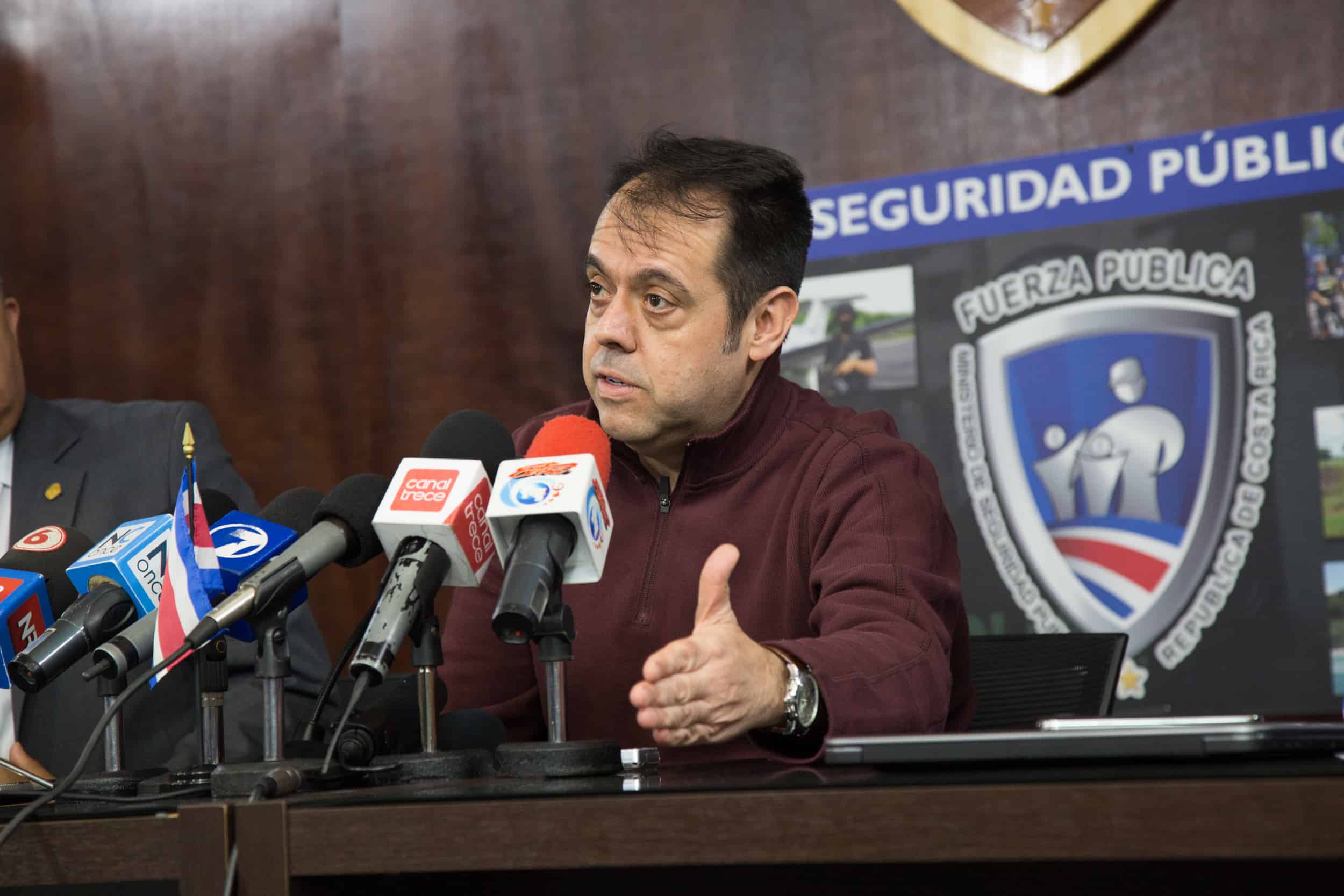President Luis Guillermo Solís travels to China tomorrow with the aim of attracting Chinese foreign investment and much-needed jobs to Costa Rica, but the president has a number of hurdles to overcome, including a looming trade imbalance with the ascendent superpower.
Along with ironing out the details of a Chinese-funded oil refinery and the troubled Route 32 highway loan, Solís said during a press conference Monday that during his meeting with President Xi Jinping, he wants to lay the foundation for political and economic ties between China and Costa Rica for the next 10 years.
During a July meeting of the Community of Latin American and Caribbean States in Brazil, Solís said that he wanted to address Costa Rica’s trade imbalance with China, which has developed since the signing of a free-trade agreement between the two countries during the administration of former President Óscar Arias (2006-2010), the first Costa Rican leader to recognize the People’s Republic of China over Taiwan.
Since the agreement took effect in 2010, Costa Rica’s exports to China have collapsed while Chinese imports have significantly increased, according to figures from the Foreign Trade Ministry (COMEX). Costa Rican exports to China reached their peak of $848.2 million in 2007 but fell to $288.2 million in 2010, rising slightly to $371.7 in 2013. Chinese imports, on the other hand, have steadily increased during the last decade, reaching $1.6 billion in 2013.
https://infogr.am/the-sloth-and-the-dragon
Foreign Trade Minister Alexander Mora, who is traveling with the president to China, told The Tico Times that more work is needed on both sides of the Pacific for China and Costa Rica to take full advantage of the free–trade agreement.
Mora noted that while Costa Rica and China signed the agreement in 2010, the Legislative Assembly has yet to pass a bilateral investment protection bill.
“This is a bad signal that we’ve sent to China with respect to the importance of our commercial position with them,” Mora said during an interview in his office, adding that the trade imbalance is due in part to the fact that many Costa Rican businesses have yet to see China as a viable market for their goods.
“Costa Rican businesses have not treated China as seriously as a market as they should,” he said.
The trade minister said that while China’s increasingly affluent population makes it a large potential market for Costa Rican fruit, vegetable, meat and seafood exporters, entry into the market is complicated by a range of factors including distance, inexperience with the country and its business norms, and rigorous regulations.
For example, Mora noted that each individual product for export to China must have a specific plant and health safety protocol. The process to certify the quality and safety of the products takes roughly one year; since the trade agreement was signed in 2010, only six products have been approved for export. The government has been pursuing ways to expedite this verification process, according to the minister.
Mora told The Tico Times that China is set to become the world’s largest single exporter of foreign investment and Costa Rica needs to start positioning itself to take advantage of that flow. China invested only $6.1 million in Costa Rica during 2013, according to figures from COMEX, up from $4.8 million in 2012.
President Solís said in a statement that he hopes Chinese investment can help lift up the economically depressed periphery outside the San José Greater Metropolitan Area, which has been historically overlooked by foreign investors and businesses.





